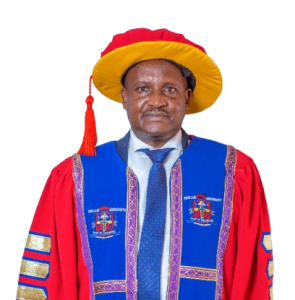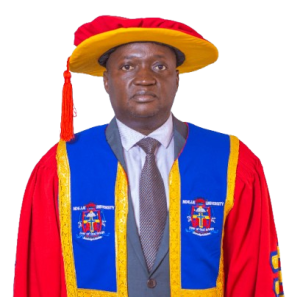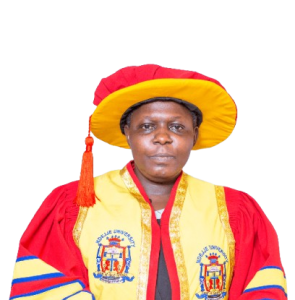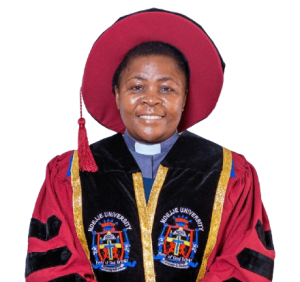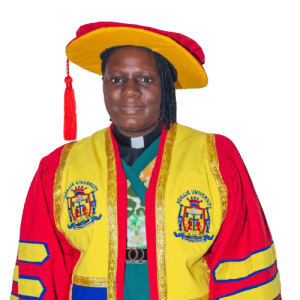In our continuous drive to enhance digital teaching and learning, we conducted a successful eLearning Refresher Training at the Main Campus in Luweero. The training was organized by the Directorate for ICT Support (DICTs) under the Academic Information Systems (AIS) Team, led by Mr. Walusimbi Allan, Team Leader. We were delighted to welcome over 50 lecturers from across different faculties. These included colleagues from the Faculty of Law, Faculty of Health Sciences (led by Dean Dr. Nelson Wasswa), Faculty of Education and Humanities, Faculty of Environment and Agriculture, Faculty of Engineering and Surveying (represented by Dr. Kibirige David and Ms. Kisembo Elizabeth B., Faculty eLearning Coordinator), and the Faculty of Business Administration and Management. The great turnout reflected a growing commitment among our staff to strengthen their digital teaching practices.
The training was officially opened by Ms. Nakamya Florence, Senior Academic Registrar in charge of Examinations, who represented the Academic Registrar. In her remarks, she commended the initiative and reminded us of the 25% online teaching policy, encouraging us to embrace eLearning as a modern and effective way of delivering knowledge. She also reassured lecturers of management’s continued support as we adapt to digital education. The gathering was blessed by Rev. Simon Serwanja, who reminded us of the responsibility we carry to use technology positively in shaping the next generation.
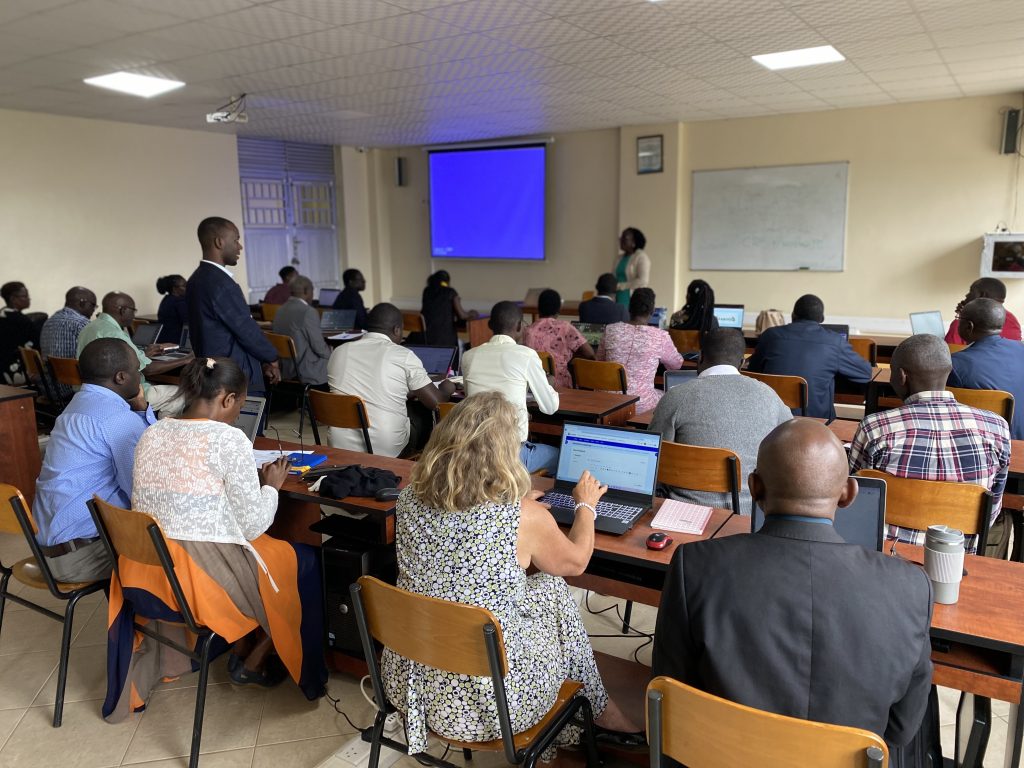
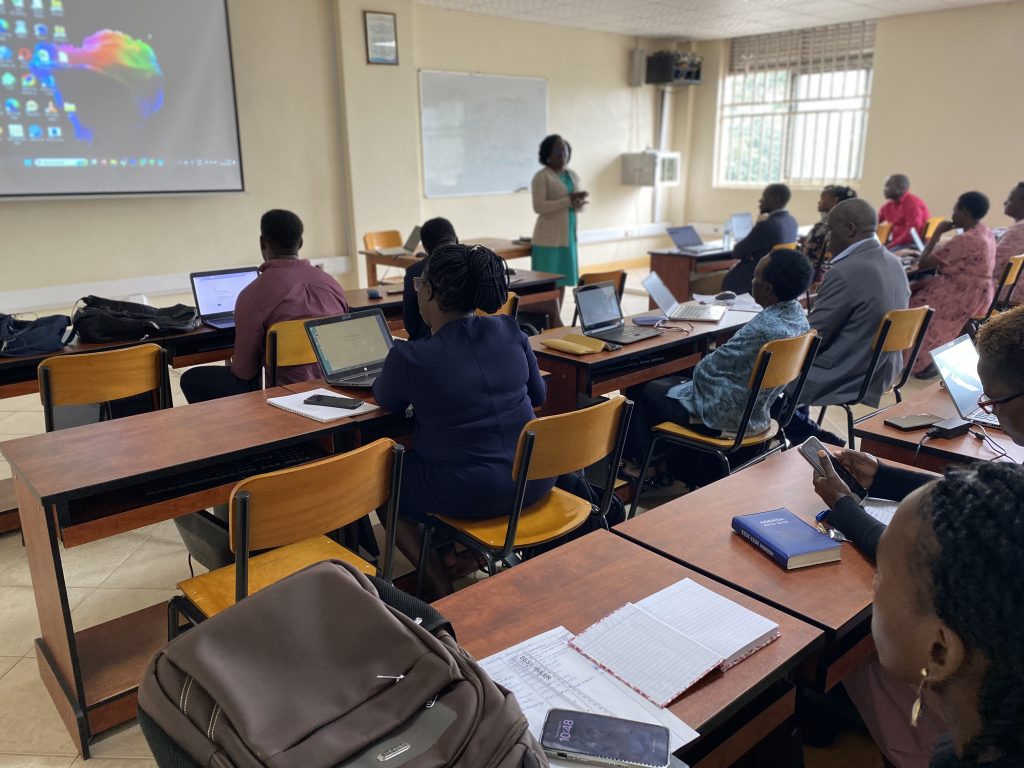
Throughout the hands-on training, we engaged directly with the University’s eLearning platform (nduels.ndu.ac.ug) to refresh our digital skills. One of the main highlights was learning to use BigBlueButton, a powerful online conferencing tool built into the LMS, which enables interactive virtual lectures, live discussions, and assessments. Many lecturers appreciated how this tool could make online classes more engaging and collaborative.
The training Team focused on how to structure and upload course content effectively. This session helped staff to organize teaching materials in a way that supports both clarity and accessibility for students. By the end of the day, many lecturers had already uploaded and structured course content for their respective classes, best practices for synchronous and asynchronous teaching. This gave staff the opportunity to reflect on how to balance live teaching sessions with flexible, self-paced learning activities, ensuring that our students benefit from a rich blended experience. Finally, we tackled common troubleshooting techniques for eLearning. From login challenges to content access issues, the training equipped them with quick solutions to help both staff and students stay connected without unnecessary disruptions.
On behalf of the Deans, Dr. Nelson Wasswa expressed his gratitude to everyone who attended and encouraged us to keep practicing with the tools we had learned. He reminded us that consistent use of eLearning is the best way to master it.
Closing the session, Mr. Walusimbi Allan thanked participants, faculty leaders, and University management for their unwavering support. He emphasized that eLearning is not just a tool, but a pathway to providing accessible, flexible, and high-quality education. He also encouraged us to continue practicing and sharing knowledge with colleagues to strengthen our community of digital educators.
This refresher training was more than just a workshop it was a reminder of our shared commitment to innovation in education. It marked another important step in our journey toward blended learning, equipping us with the skills and confidence to meet the evolving needs of our students in a digital age.




